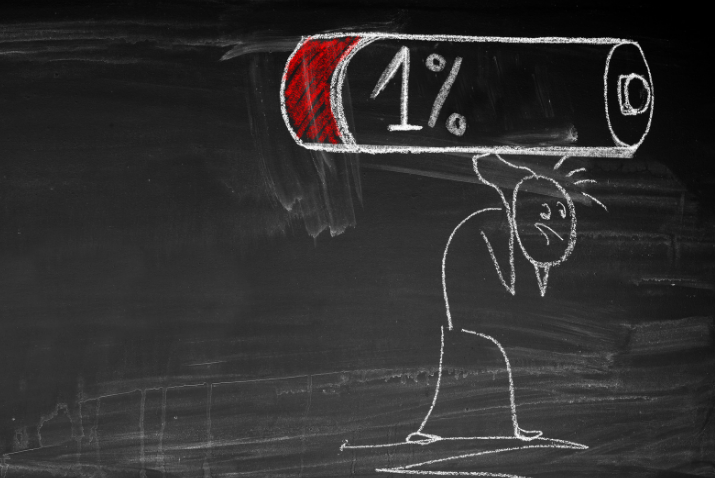We’ve all heard the term “burnout,” but how many of us know how to recognize the signs of it? Or how to prevent it?
Burnout is defined as the “exhaustion of physical or emotional strength or motivation usually because of prolonged stress or frustration.” Burnout is at an epidemic level. A Deloitte study found that 77% of workers have experienced burnout, and in 2019, the World Health Organization classified burnout as a disease.
Burnout symptoms include irritability, exhaustion, depression, sleep disturbances, and a lack of enjoyment in daily activities. Signs of burnout often start subtly, but over an extended period of time they become more pronounced. Often, burnout is recognized when a person is in a pretty bad state; however there are small, daily things we can all take to mitigate burnout before it depletes us.
- Maintain a good support system: When things get overwhelming at work, it’s easy to respond by isolating or avoiding social obligations; however checking in with loved ones isn’t a “nice to have” – it’s essential to your mental health and overall well-being. Maintain connection with your support system, especially during times of high stress.
- Reset, often: Like our electronic devices, sometimes we need to be shutdown and rebooted in order to properly function. Take a self-care “basics” reset whenever things start to feel hairy: move your body, take a shower, get a good night’s rest, have a nutritious meal, and hydrate.The activities may not solve everything that’s going on in your life, but taking care of yourself provides you with the energy you need to tackle life’s challenges.
- Get help: If you can’t make immediate changes to your workload or lifestyle, enlist professionals or digital tools to help you manage your load. Whether it’s a mental health professional who can help you cope or an AI-driven assistant app that can organize your day, lean on the support at your disposal to help manage your load.
- Ruthlessly edit your life: Burnout can creep up on anyone. Regularly check in with yourself to identify what’s working, where you might be showing signs of exhaustion and make changes where you can. Even small changes like incorporating an afternoon walk into your day or negotiating a work-from-home day can have a positive effect on your stress level.
Acknowledging and addressing burnout symptoms early is the key to preventing total exhaustion. By making time to take care of your basic physical needs, to check in with yourself and your loved ones, and to edit your life on a regular basis, you’ll be in a better position to avoid burnout and thrive.

